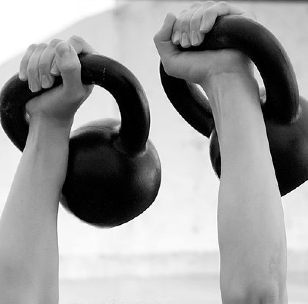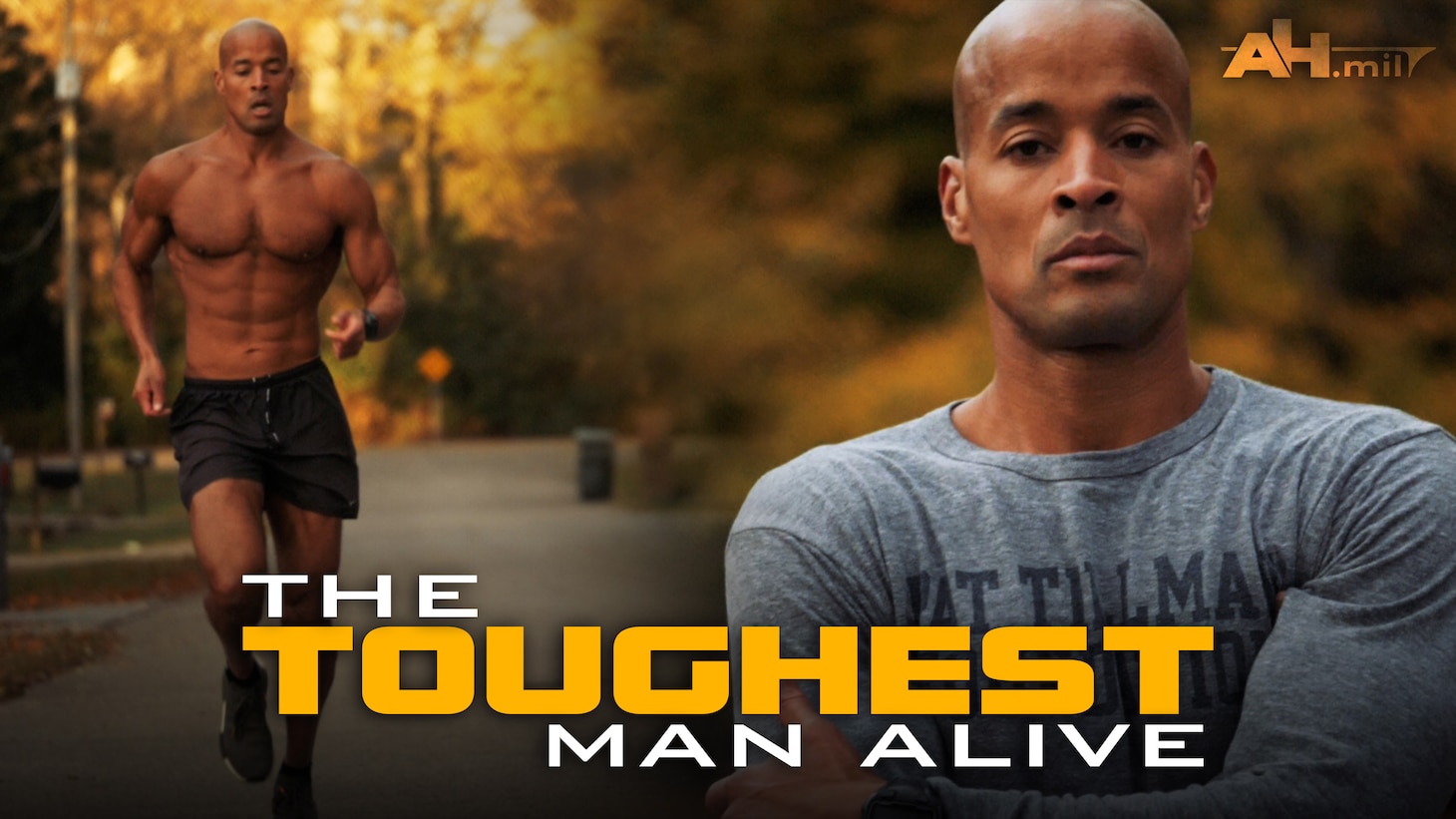Not A Good Idea
This approach to training is contraidicated for a varity of reasons.
It initially leads to
OverRearching
a mild form of OverTraining. In pervious post, I noted that OverReaching is an effective method for making progress
The break down of that is in Post 18, above.
Continuing to push deeper into OverReachings lead to...
OverTraining
OverTraining ensures the accumulation of greater fatigue, Injury, wear and tear, etc.
No
No
The foundaiton of a well written an executed prorgram is Perioidzation Training.
Information on this has been posted multiple time on this forum.
The foundation is based on...
The General Adaptation Synrome
General adaptation syndrome (GAS) describes the physiological changes the body automatically goes through in response to stress.

www.verywellhealth.com
Han Selye, MD, PhD around 1923 determined that diseases (stress) that body goes through a process that is listed belo
General adaptation syndrome (GAS) describes the physiologic changes your body goes through as it responds to stress. These changes occur in stages:
- An alarm reaction (also called fight-or-flight)
- A resistance phase (in which your body recovers)
- A period of exhaustion
This means that one of two things will occur.
1) When provided with enough recovery, the body may recoverl.
or
2) If not allowed to recover, you die.
Professional In The Field
The majority of Professions in The Field would state that training ensure a dimimished returned in gains; promotes greater fatigue, Injury, wear and tear, etc.
To reiterate, that is the reason for Periodization Training



